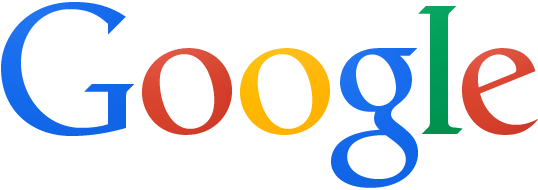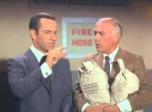Posted on May 7, 2015, and tagged as
Polls for today's general election in the U.K. have the Conservative and Labour parties in a dead heat, but Google researchers say recent search trends predict the winner.

The Daily Mail reports on a fascinating use of search trends to predict an election outcome:
Google has published a map that plots which political parties and their respective leaders are dominating internet searches across the country.
Data experts analysed Google search data from the past 12 months to track which party leaders were searched for the most nationwide, before aggregating this information across 5,000 towns and cities in the UK.
The results were converted into seats in the House of Commons and suggest that David Cameron will win the majority, with Nigel Farage in second place and Ed Miliband in third.
Google says the top three will be 237 seats for David Cameron's Conservative Party, 221 seats for Nigel Farage's U.K. Independence Party and 125 seats for Ed Miliband's Labour Party.
Meanwhile, the Associated Press reports that the election is too close to call:
Polls put Prime Minister David Cameron's Conservatives and Ed Miliband's Labour Party in a dead heat, and neither looks able to win a majority of Parliament's 650 seats.
That last bit is where Google and pollsters agree: The separatist Scottish Nationals and the anti-immigration UKIP may deny Conservatives or Labour a clear majority.
Considering polls are so close, if Google's prediction is correct will this be a case of a broken clock is right twice a day? We can't be sure, but we can be sure that search trend analysis will be a part of the 2016 Presidential Election prediction game.





